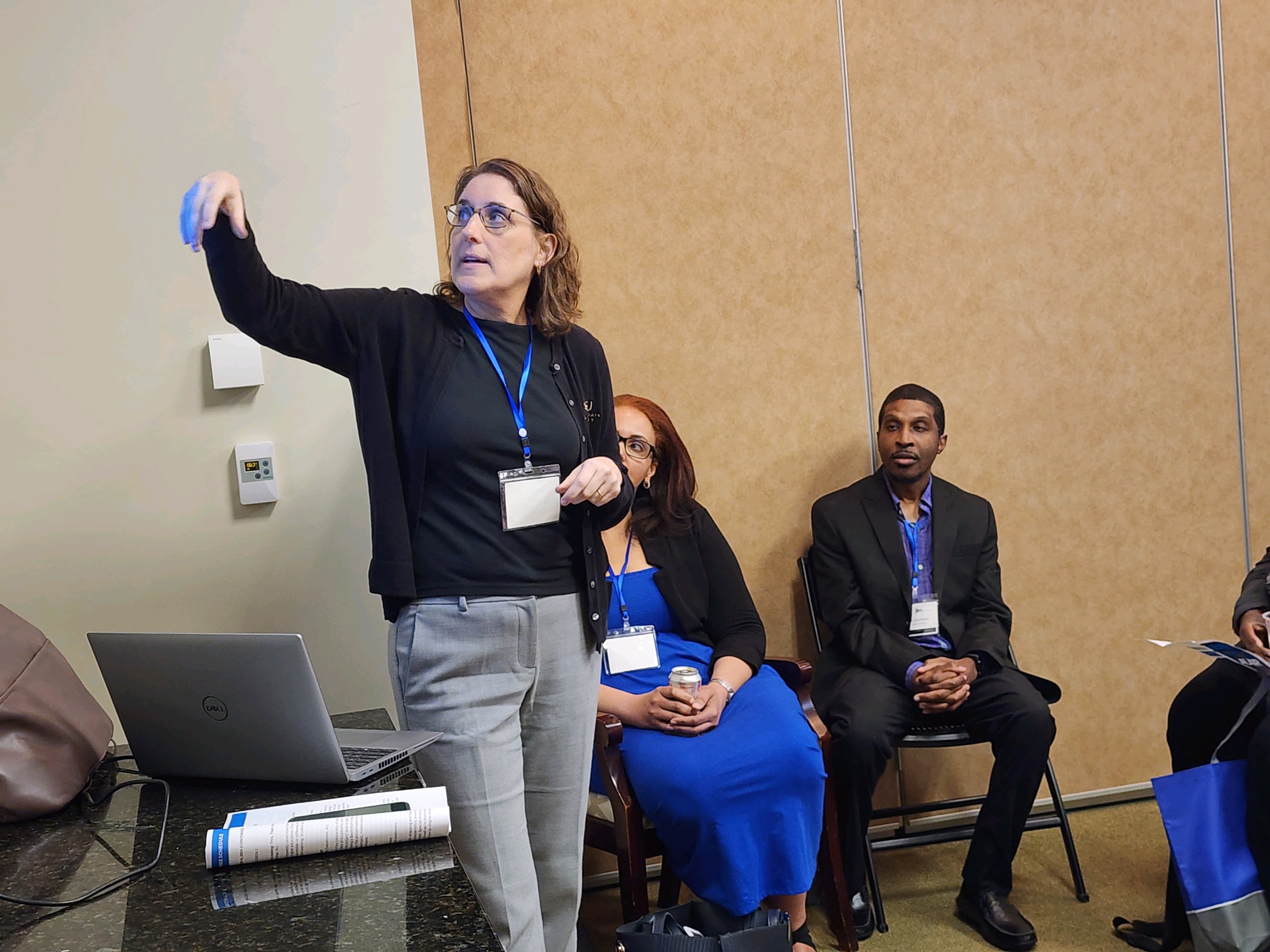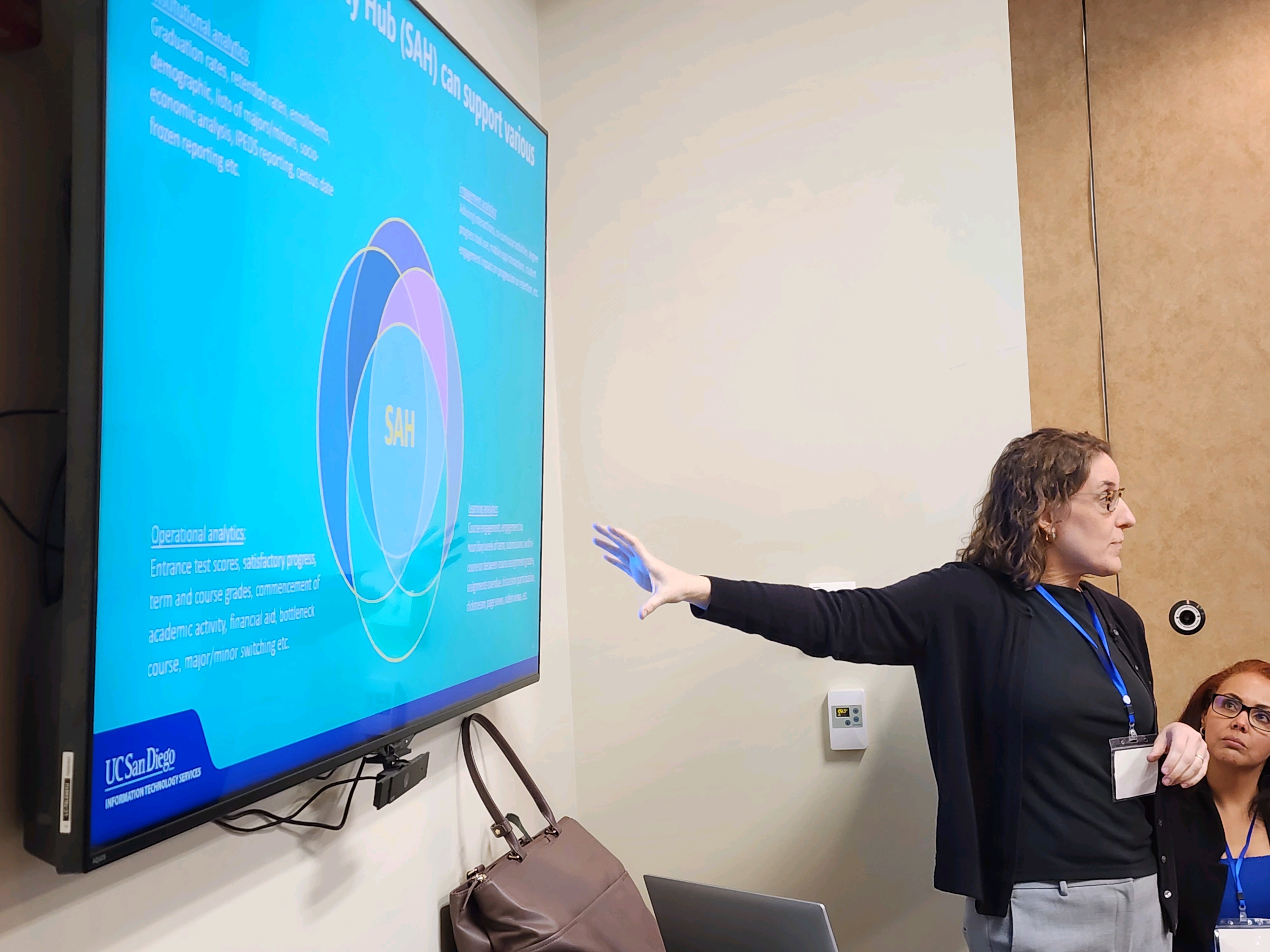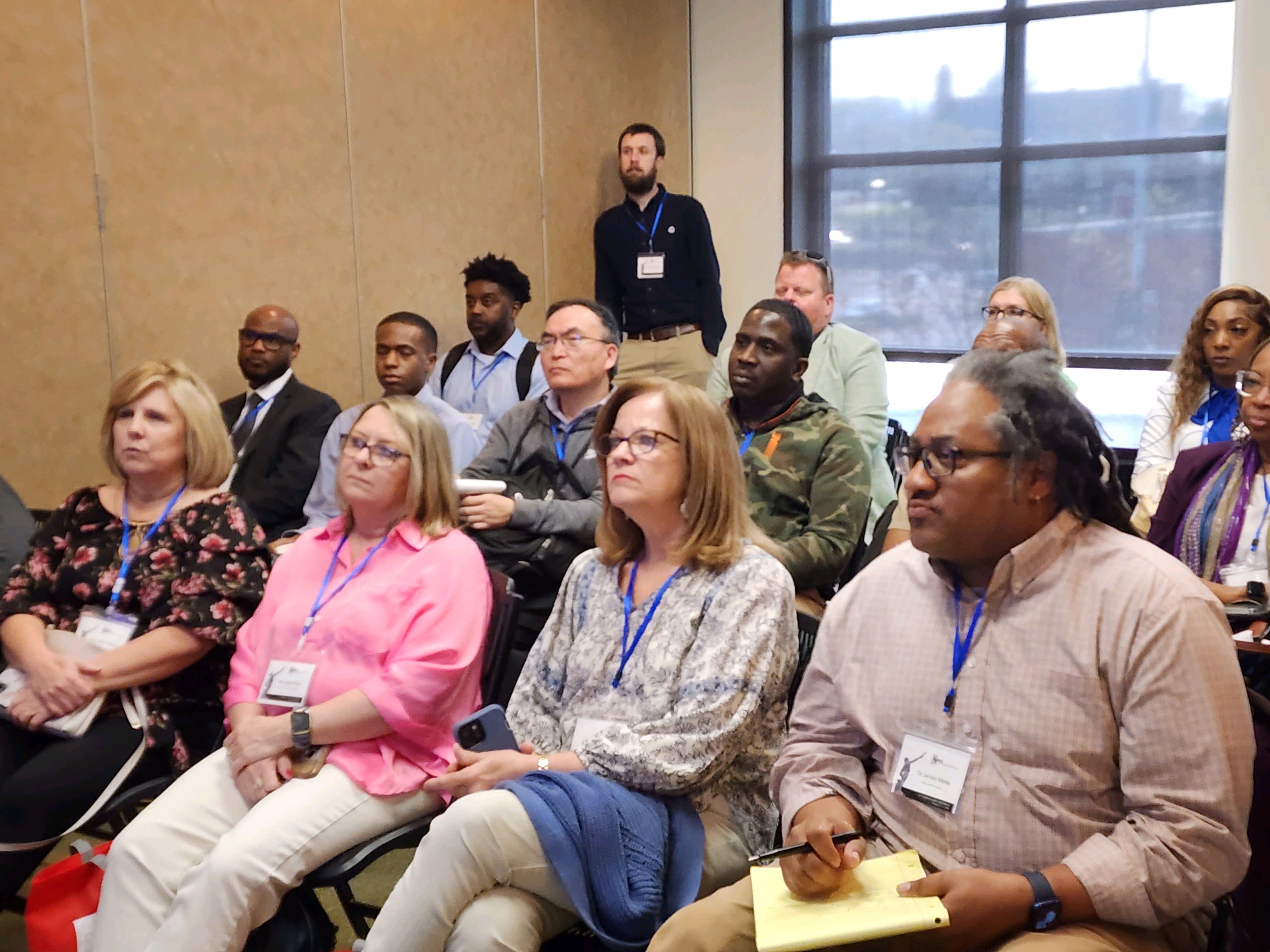ASU Gates Foundation Grant Summary
January 26, 2024 2024-03-26 19:57ASU Gates Foundation Grant Summary

ASU GATES FOUNDATION GRANT SUMMARY



Alabama State University (ASU) is the oldest historically Black college or university (HBCU) in Alabama. Located in Montgomery, AL, the birthplace of the Civil Rights Movement, ASU is committed to social justice and providing excellent teaching and service to its student body of approximately 4,000 individuals. Of those students, 90% are Black or of African descent, and 75% are eligible for Pell Grants due to their families’ limited financial resources. Additionally, at least 33% of undergraduate students are the first in their families to attend college. Despite these challenges, ASU is dedicated to supporting its students, helping them to achieve successful degree completion, and cultivating skills and qualities that will prepare them for future success in industry, professional or graduate school, and service. Its leadership team, comprised of administrators with backgrounds similar to ASU’s students, is committed to overcoming the long history of institutionalized discrimination that has limited its financial resources and institutional capacity. An example is collaborating with the University of California, San Diego, and ERPA to develop a Student Engagement Data and Analytics (SEDA) Hub.
The SEDA Hub implementation aims to enhance a campus-wide culture of data-informed decision-making by offering customizable analytics. The expected results of implementing the SEDA Hub are as follows:
- Establish a centralized data warehouse to gather data from at least three sources. To gauge its effectiveness, we must connect it to business intelligence tools, enabling us to quickly generate reports, run queries, and analyze analytic dashboards. This process is neither quick nor intuitive— metrics: creating data analytic dashboards and employee usage rates for these dashboards.
- Foster a culture that values data using analytic dashboards to enhance student engagement and success, contributing to increased enrollment and retention. We can assess the effectiveness of the SEDA Hub by comparing enrollment and retention rates before and after its implementation— metrics: student enrollment numbers and retention rates.
- HBCUs nationwide and community colleges in Alabama consider using the ASU SEDA Hub as a prototype or model to establish and effectively utilize a comparable data architecture. Implementing SEDA-style hubs at other HBCUs and community colleges will favor this outcome. Metrics: Information sessions were provided to other colleges and universities, and inquiries were responded to.
ASU understands that implementing the SEDA Hub requires technical expertise and a focus on supporting the people involved. However, securing dedicated time from project leads and users can be challenging due to their many responsibilities and competing priorities. We will integrate a change management strategy alongside our technical project plan to overcome this. This will involve obtaining executive support to prioritize this work, building awareness, demonstrating meaningful use cases, enhancing technical skills, and creating accountability measures to support usage. To guarantee the longevity of this project, ASU will ensure that the data infrastructure processes and analytics usage become ingrained in the fabric of our operations. Also, ASU will work towards providing ongoing employment for staff members who possess the skills necessary to maintain, build, and facilitate the use of the SEDA Hub. ASU sees the evolution of the SEDA Hub as the data source for an AI engine to help create hyper-personalized learning opportunities administrative and operational efficiencies.
ASU is a member of the Alabama HBCU Consortium, a state government initiative to enhance student’s educational outcomes and advance the mission of these institutions. We collaborate with the consortium’s leadership and have received approval for our project. Our objective is to promote ASU’s SEDA Hub to HBCUs in Alabama, which has the highest number of HBCUs compared to other states. Several HBCUs in Alabama also function as community colleges, which presents an excellent opportunity to promote SEDA to all community colleges in the state.


The SEDA project is lead by Dr. Damian Clarke and Ms. Bryn Bakoyema with Mr. Patrick Kelly serving as the HBCU Consortium and ACHE liaison. The ASU administrative leadership team through President Dr. Quinton Ross, and Provost Dr. Carl Pettis, are committed to overcoming the long history of institutionalized discrimination that has limited its financial resources and institutional capacity.
Institution wide, ASU staff, faculty and administrators understand that implementing the SEDA Hub requires technical expertise and a focus on supporting the people involved. However, securing dedicated time from project leads and users can be challenging due to their many responsibilities and competing priorities. Dr. Clarke has committed to integrate a change management strategy alongside their technical project plan to overcome this. This involves a dependency of executive support to prioritize this work, building awareness, demonstrating meaningful use cases, enhancing technical skills, and creating accountability measures to support usage.
The collaboration between ACHE and the Consortium will allow ASU to demonstrate the practice and implementation of the project to all of the interested Alabama HBCU’s. Several HBCUs in Alabama also function as community colleges, which presents an excellent opportunity to promote SEDA to all community colleges in the state through the Alabama Community College System.

